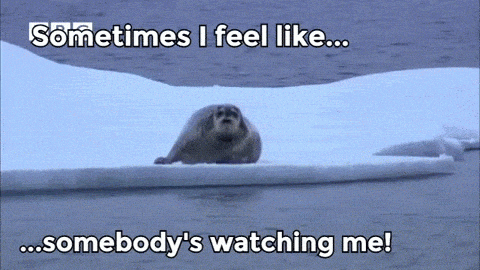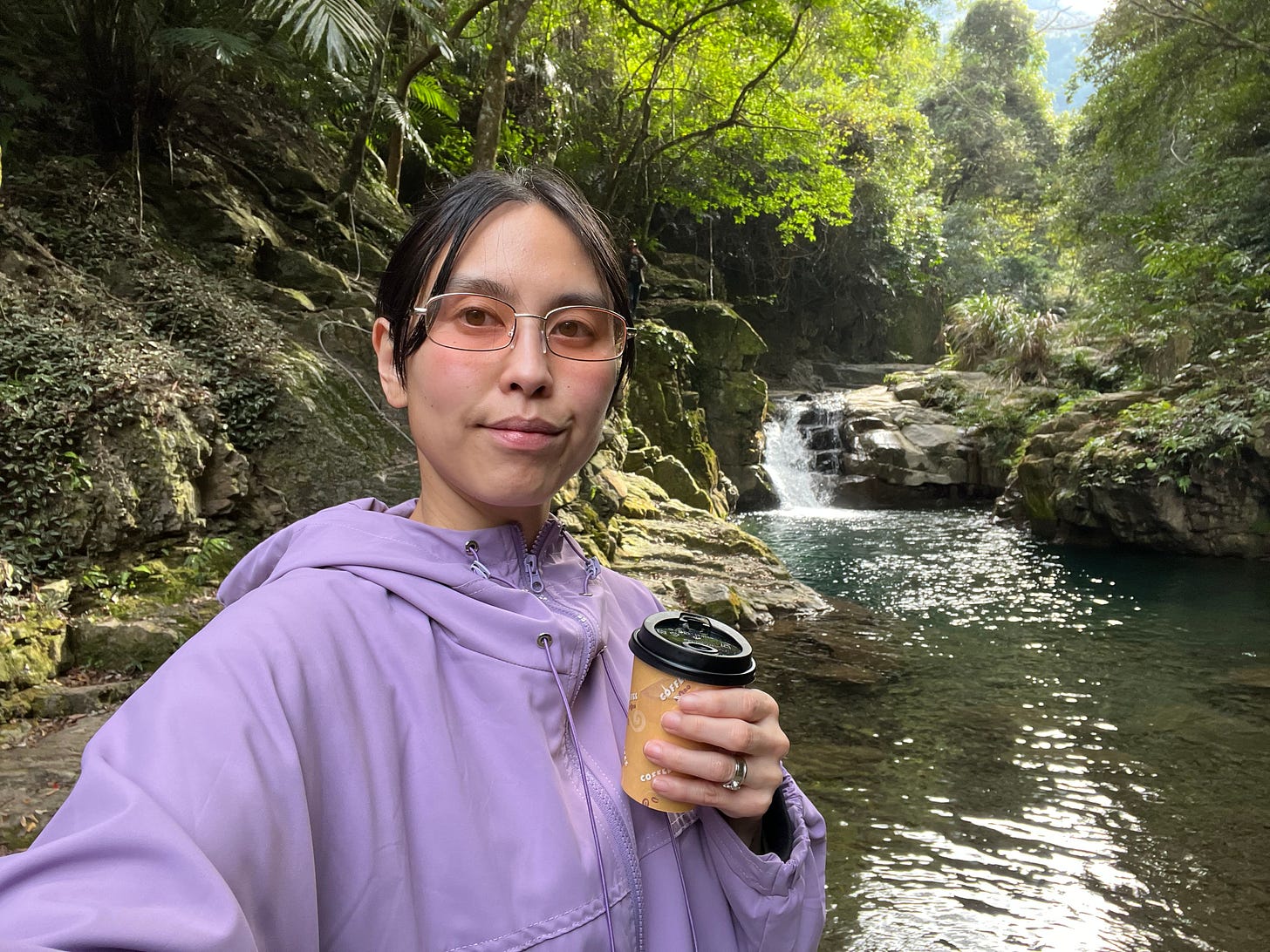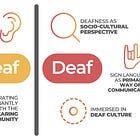When I first listened to Yowei Shaw’s Proxy, I didn’t know what to expect but I knew it would be good. What I didn’t expect was how held the episode on the meaning of tears would make me feel, time and again. Yowei has a poetic gift – addressing the every day in a way that releases a tension you didn’t know you might have been carrying.
🦄 A new season of Proxy is out, and perhaps this is too revealing but this episode feels like it was for me specifically.
Today, we hear from Yowei on her journey and learnings from going from a creator under a huge network to an independent podcaster, to a network again. She also shares where she spent her money, and how it worked out for her!
🟣 If this is too long for you…
This part of Yowei’s interview stood out to me the most – I honestly feel less alone as an indie producer than when I was at NPR, or at least, more connected to the podcast community. It reminds me of this episode I’m working on about what wealth does to people - how it isolates you, because you don’t need other people.
Let’s get to it!
🎙️Yowei Shaw on Going from Network to Indie
Yowei Shaw is an emotional investigative journalist™️. She's the host and creator of Proxy, a podcast that investigates niche emotional conundrums through conversations with strangers who have relevant experience. In her previous life, she spent many years reporting and producing for the NPR podcast Invisibilia.
This interview has been edited for clarity and brevity. Any emphasis is mine.
Shreya Sharma (SS): In your time being an independent creator, especially after having worked with a bigger network for so long, what’s been the most challenging shift?
Yowei Shaw (YS): Besides not having money, I’d say, having to learn how to do a bunch of jobs that used to be filled by my NPR colleagues. Suddenly, I had to become a podcast marketer, a publicist, a newsletter writer, a social media producer, a manager, a fundraiser, on and on… Also, what is a pixel? Can someone tell me what a pixel is?
Now I’m part of Radiotopia and get to work with skilled professionals who can help with all these tasks, thank god.
SS: What’s been the most rewarding part of this transition?
YS: Getting to make exactly what I want. I had no idea I had so many opinions!
SS: On Proxy, you and your guests are so good at holding listeners’ hands through journeys. What, or who, has made you feel less alone in this journey? What, or who, has helped with this?
YS: I honestly feel less alone as an indie producer than when I was at NPR, or at least, more connected to the podcast community. It reminds me of this episode I’m working on about what wealth does to people - how it isolates you, because you don’t need other people.
At NPR, I didn’t need anyone outside the institution because all my needs were provided for. And now, I need so much!
I am so grateful and moved by all the texts, phone calls, emails, advice, and hugs I’ve received over the past two years. I plan on paying it forward. Also, shout out to places like Tink that demystify the podcast game, and to my husband, friends and family who’ve done so much to make Proxy a reality. It’s basically a community project at this point.
SS: What was a pleasant surprise to you, when doing your own podcast marketing?
YS: I now know that feed drops are the number one driver of growth, so I’ve been throwing myself at bigger podcasts, hoping they’ll do Proxy a favor and collab with us or do a drop. It’s astounding to me how little shame I have in asking for help. I did not know this about myself.
Thank you to everyone for dealing with my requests, especially the podcasts that are helping Proxy out. You might be the reason the show is still around next year.
SS: And what was a bit of a shock? (re: podcast marketing)
YS: By the same token, I’ve been surprised by how stingy some shows are with feed drops. Like, of course, people should do what they want with their feeds. Sometimes it’s not a fit.
But as far as I can tell, there’s a bit of a catch 22 for new shows. We don’t have a good algorithm for discovery (unless you’re a video podcast). A lot of shows won’t give you a drop because they avoid them like the plague, or because you’re a new show that doesn’t have a big enough audience to swap impressions.
This makes it incredibly difficult for an indie podcast to find its audience and grow, unless you have gobs of money to throw at marketing.
I’d like to pitch collectively rewriting this norm. I know listeners tend to not click on feed drops blah blah blah, but you’re actually doing them a service by sharing a podcast you genuinely like, that they wouldn’t find otherwise. Plus, there are a MILLION creative ways to collaborate and make something cooler than a straight feed drop. It’s just good karma.
SS: Give one piece of advice to new independent podcast producers and hosts.
YS: Protect your mental health. This is a marathon not a sprint. You will probably need to get comfortable performing emotional gymnastics to find the motivation to keep going. Tell your loved ones what you need during this time, and take a break from anyone not giving you the right energy.
Oh, and this is a plea to people who have full-time jobs at podcasts. Please be nice to us! It is very hard to be an indie podcaster, so please remember the power dynamics and act accordingly.
SS: Did you invest any money on marketing your podcast? How did it turn out?
YS: I just talked about transparency, so let’s f**king go.
So far, I’ve spent $1,500 on newsletter ads (too early to tell if they’re working) and $250 on Instagram ads (pretty sure they did very little). Then there’s the $3,000 I spent on this layoff music video. It failed miserably as a publicity stunt for The Layoff Trilogy, but succeeded as a grief ritual.
💛 Thank you so much, Yowei! For your authenticity and art. The podcasting world is one podcast richer, thanks to you.
✨ More Magic
Rejoice Pocket Casts users! The new update includes generated search-able transcripts. We here at PMM have always championed transcripts.
The Tribeca Festival 2025’s Audio Program is OUT! Here’s more info, and you can buy tickets here. (👀 Psst…we’re also planning a special Tribeca issue in June, so keep your eyes open for that!)
Do you also have friends who ONLY listen to nonfiction podcasts? Upsetting, I know. Send this list by Tal Minear to them, and bring them to the fun side.
Over at Pod The North, Jonas Woost answers a question that keeps us up at night: should you consolidate your podcast feeds?
Left of Dial Media is conducting an interesting survey – what are the five podcasts that have been most impactful to you? Respond here.
From the Desk of Tink
Audio Maverick is a nine-part limited series documentary spotlights the life and career of a true maverick in audio, Himan Brown. From CUNY TV, this podcast explores the Golden Age of radio through Brown’s life, from the birth of audio drama to the programs that brought millions of families into their living rooms every night. The show includes the voices of audio creators like Night Vale’s Jeffrey Cranor; Lauren Shippen of The Bright Sessions, and Kaitlin Prest of The Heart.
Next week, Wil and I kick off ✨ Vibe Month ✨ at PMM. It’s way less woo-woo than you think it’d be!
Until then, I hope you find magic in everything you do.
💜 Shreya








